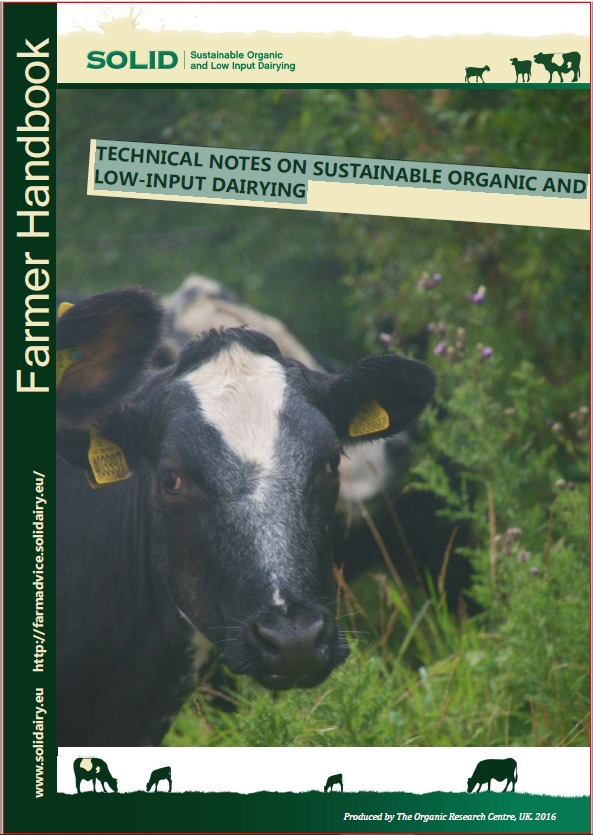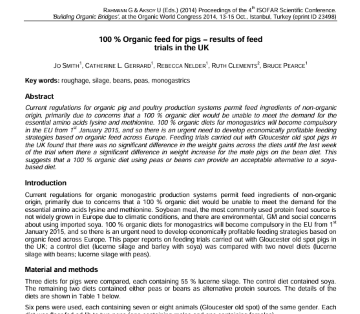Research Publications
Modelling the production impacts of a widespread conversion to organic agriculture in England and Wales
New research reveals the production impact of a large-scale conversion to organic management in England and Wales
Impacts of feeding less food-competing feedstuffs to livestock on global food system sustainability
Increasing efficiency in livestock production and reducing the share of animal products in human consumption are two strategies to curb the adverse environmental impacts of the livestock sector. Here, we explore the room for sustainable livestock production by modelling the impacts and constraints of a third strategy in which livestock feed components that compete with direct human food crop production are reduced.
Pesticide use, climate change and farmland invertebrates
Over 40 years of data on invertebrate abundance in cereals, cropping patterns, pesticide use and weather in the Sussex Study area gave us the opportunity to investigate how invertebrate abundance changed in relation to changes in farming and climate.
How the organic food system supports sustainable diets and translates these into practice
How the organic food system supports sustainable diets and translates these into practice
100% Organic Feed for Pigs – Results of Feed Trials in the UK
Abstract Current regulations for organic pig and poultry production systems permit feed ingredients of non-organic origin, primarily due to concerns that a 100 % organic diet would be unable to meet the demand for the essential amino acids lysine and methionine. 100 % organic diets for monogastrics will become compulsory in the EU from 1st January 2015, and so there is an urgent need to develop economically profitable feeding strategies based on organic feed across Europe. Feeding trials carried out with Gloucester old spot pigs in the UK found that there was no significant difference in the weight gains across the diets until the last week of the trial when there a significant difference in weight increase for the male pigs on the bean diet. This suggests that a 100 % organic diet using peas or beans can provide an acceptable alternative to a soyabased diet.
Land-use intensity and the effects of organic farming on biodiversity: a hierarchical meta-analysis
This paper provides more evidence for the biodiversity benefits of organic farming using a meta-analysis of 94 studies
Evaluating the Sustainability of a Small-Scale Low-Input Organic Vegetable Supply System in the United Kingdom
Sustainability of a small-scale organic vegetable supply system





